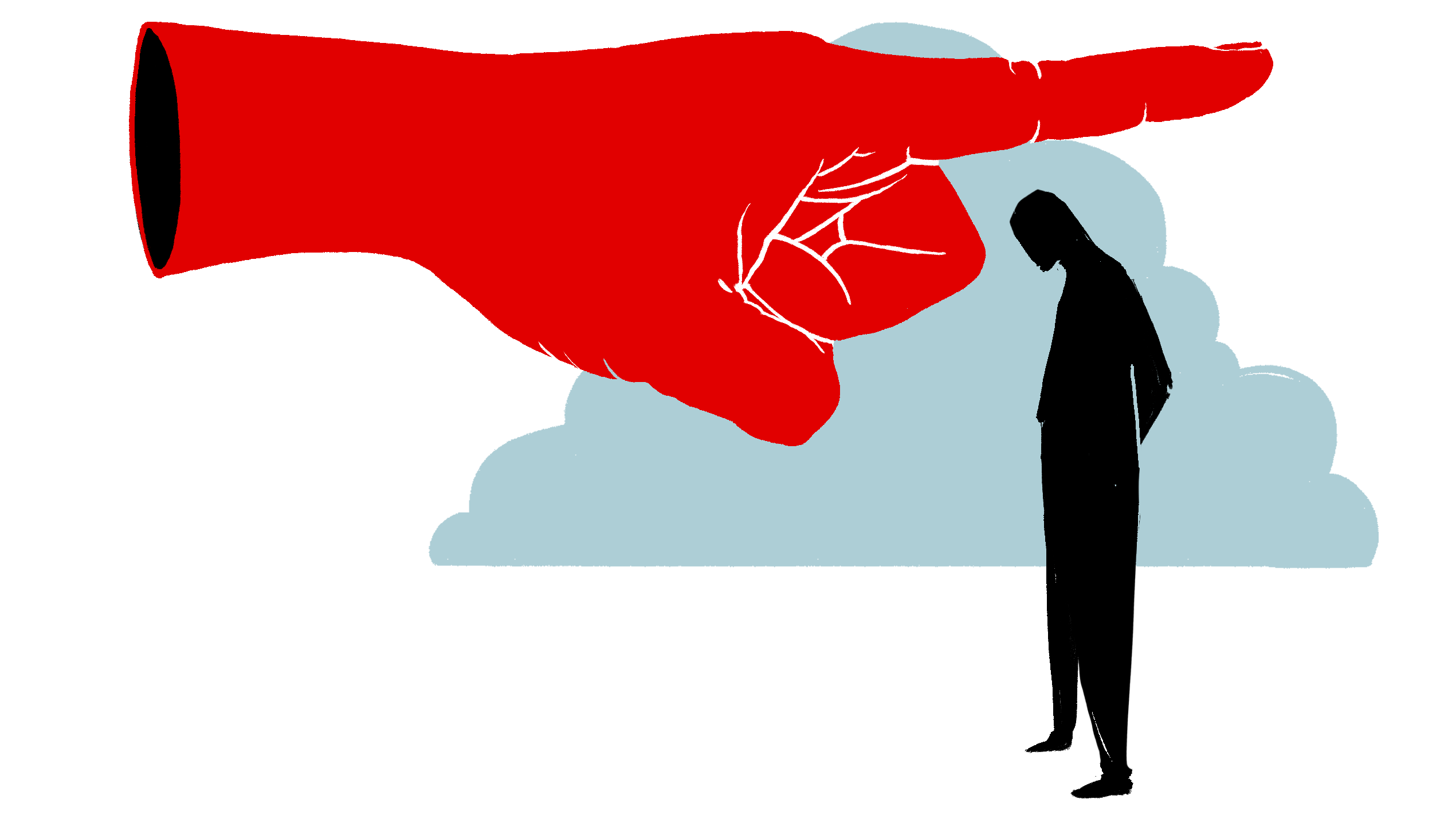This all may sound a little dramatic or a little familiar, but most of us have been rejected at one job interview or the other. Rejection at a job interview should be handled normally without exaggerating, for you never know what the destiny has in store for you.
Here are a few tips on how you should deal with the rejection, and move on to better, brighter things.
Never take it personally:
It’s easy to take rejection personally. But remember there are usually a variety of factors that play into a recruiter’s decision-making process. From how well you’ll fit into the team to whether or not the company can afford your salary.
Search the perfect job perfectly:
The job market is getting more competitive day by day. Be highly selective with where you apply. Don’t be afraid to turn down opportunities pitched to you by headhunters and recruitment agencies if you feel they are not right.
Keep learning and developing:
Your confidence can take a hit when you get a rejection, so it’s important to work hard at keeping your morale and motivation levels buoyant. Focus on your strengths and achievements and make a list so you’ll be able to describe them with confidence and enthusiasm at your next interview. And every time you get a piece of positive feedback, add that to the list.
Find ways to improve:
If you went for an interview but didn’t get the job, it’s always a good idea to politely ask for feedback to help you for next time. Many interviewers are happy to provide this and you can always ask them to keep you in mind when a more suitable role comes up.
Look at the positive side:
The best way to deal with rejection is to keep a smile on your face. Turn each rejection into a learning opportunity and stay focused on your ultimate goal.
Treat every new opportunity as a fresh chance:
Don’t let yourself get bogged down in negativity because every day is a new day and every application is a fresh opportunity. Treat every new job application as the one that could come through. Your positivity and enthusiasm will come through in your language, tone of voice and body language.
Do other things that make you feel good:
It’s also important to have someone to talk to and bounce your thoughts and feelings off
– that could be a good friend, your partner, a personal coach or mentor. Job hunting is never easy, so emotional support is always welcome. Talking with others about their job hunting experiences will also show you that everyone experiences rejection in their search for a job.
So, don’t give up, because your dream job could be right around the corner.

